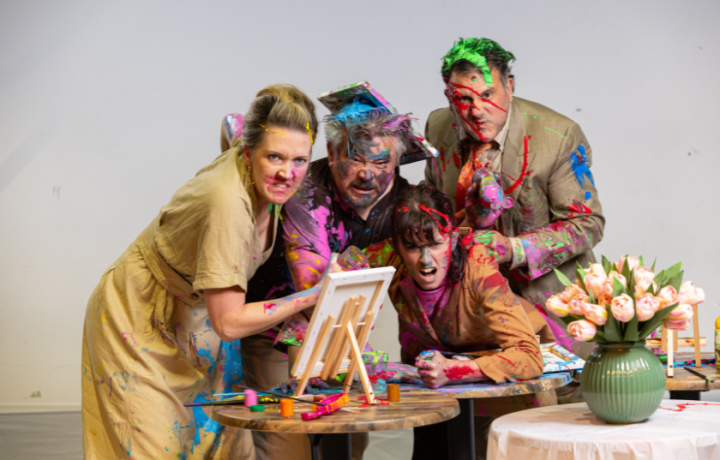Burnout is not a badge of honour

Posted on
We need to talk about burnout – not the kind eased by a weekend away or a yoga retreat in Bali, but the deep, systemic kind that quietly eats away at our wellbeing, our relationships, and our sense of self.
It’s the kind that hides in plain sight across workplaces and communities, fuelled by unrealistic expectations, chronic under-resourcing, and a culture that glorifies overwork. It’s especially insidious in sectors where purpose is paramount – health, education, advocacy, care work, community services – but the truth is, burnout is everywhere. And it’s on the rise.
For many people, burnout has become something we learn to live through, not recover from. It’s the unspoken tax on showing up with empathy and integrity in systems that are rarely designed to support us. We whisper it in phrases like “we’re small but mighty”, “I’ll just push through”, or “we do it for the community.” But at some point, we have to ask – at what cost?
I’ve worked in mission-driven roles my entire career and I love what I do. But loving your work doesn’t mean it should consume you. It’s hard to keep giving your whole, authentic self to something no matter how meaningful – when it starts to cost you your health, your energy, or your identity outside the work.
We live in a culture that quietly applauds self-sacrifice. We reward availability over boundaries. We celebrate the ‘above and beyond’ mindset while quietly ignoring the toll it takes. In doing so, we normalise exhaustion as a default setting – and it’s costing us more than we realise.
This pressure is often deeply gendered. Women – especially those in caring professions or leadership roles – are expected to lead with empathy, manage crises, support others, and keep going without complaint. Many are also managing unpaid care responsibilities at home. This double shift can be both invisible and relentless.
And when someone finally burns out, the system rarely blinks. They’re replaced, and the work carries on – but something is lost. Not just capacity, but wisdom, trust, and connection.
So what needs to change?
First, we must stop glorifying burnout as a symbol of commitment. Working yourself to the edge doesn’t make you more valuable – it makes you more vulnerable. Sustainable outcomes require sustainable people.
Second, we need structural change. That means fair wages, humane workloads, psychologically safe workplaces, decent leave and ability to take leave, and importantly we need leadership that values wellbeing as much as performance. Whether you’re in government, business, or community – if your team is burning out, the model is broken.
Finally, we must give ourselves – and each other – explicit permission to rest. Rest is not laziness; it is resistance in a system that profits from our exhaustion. True leadership isn’t measured by how much you can carry alone – it’s measured by your ability to set boundaries, delegate with trust, and build a culture where rest and recovery are valued.
If we want resilient communities, a healthy economy, and a future worth fighting for, we must stop burning out the very people who are holding everything together.
Burnout is not a badge of honour. It’s a red flag – one we ignore at our peril. It’s time we took it seriously.

